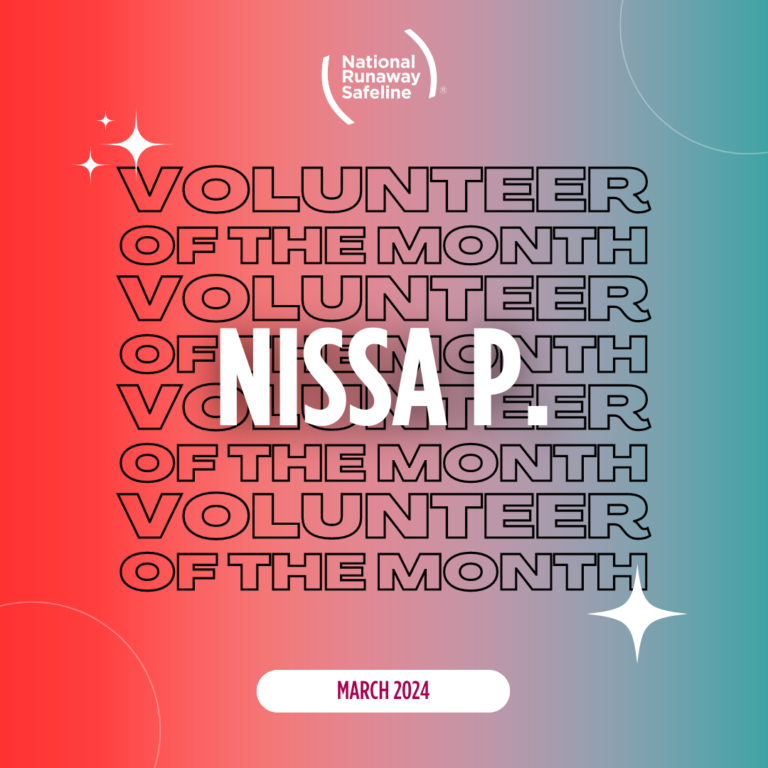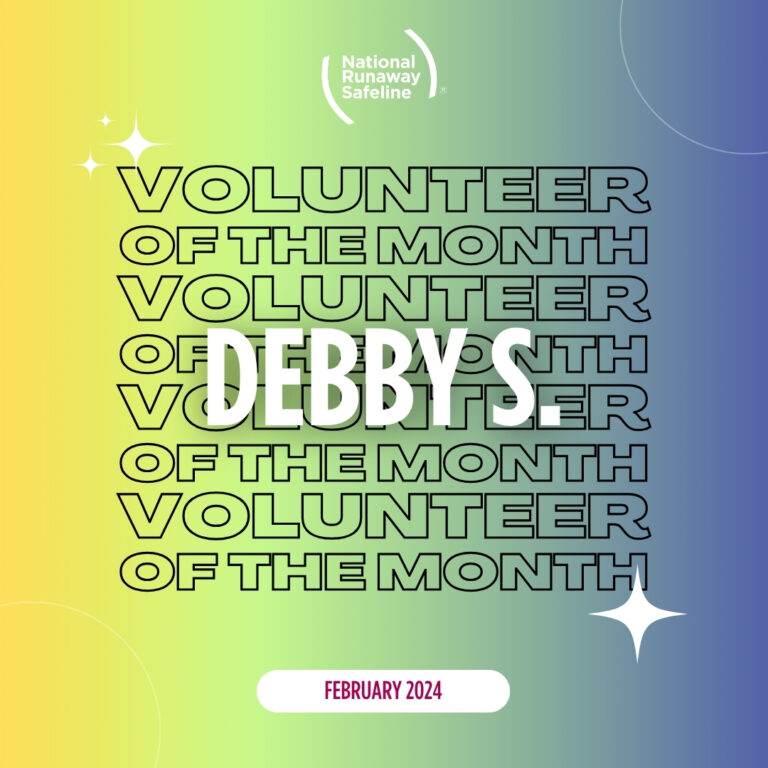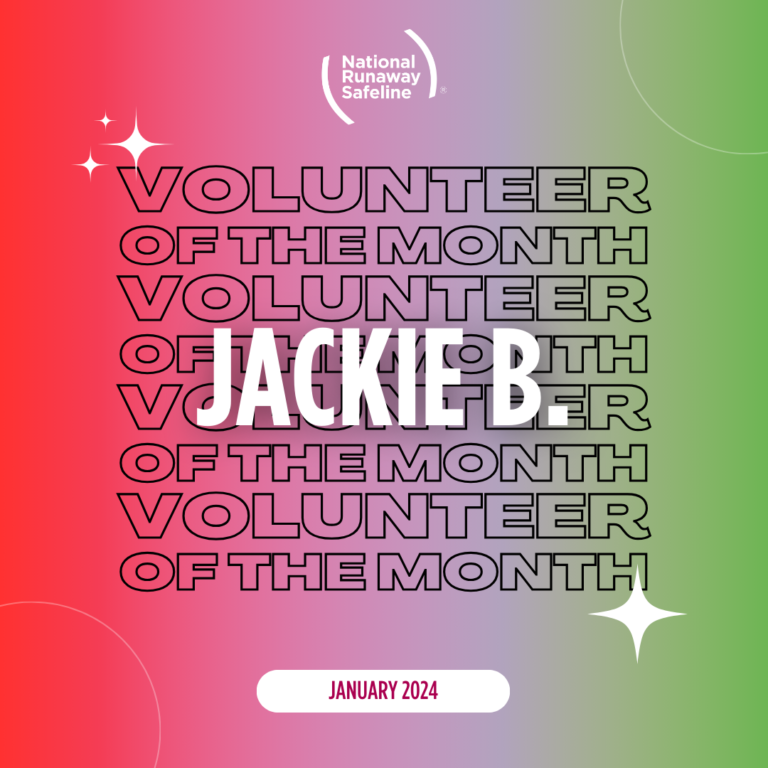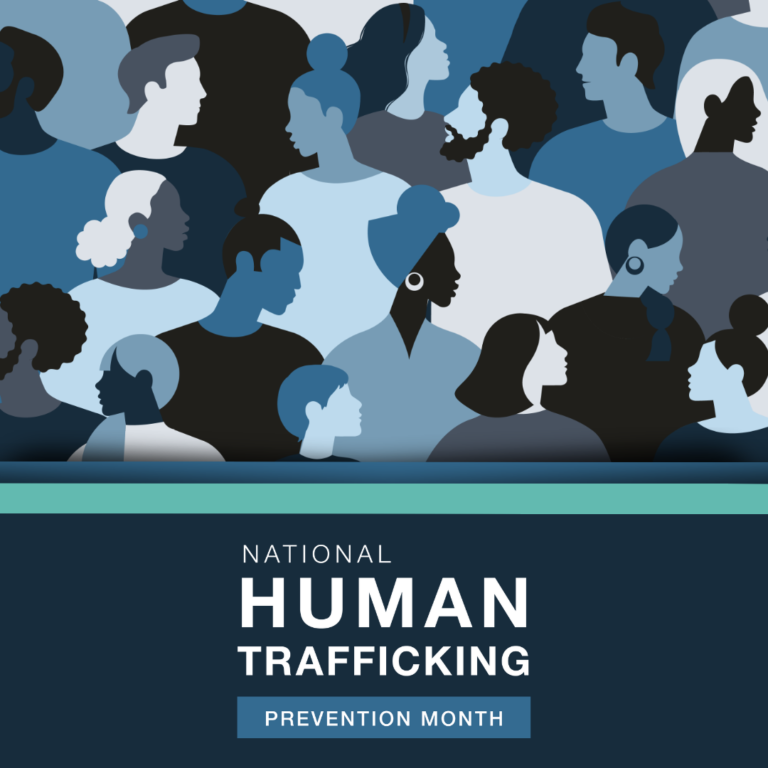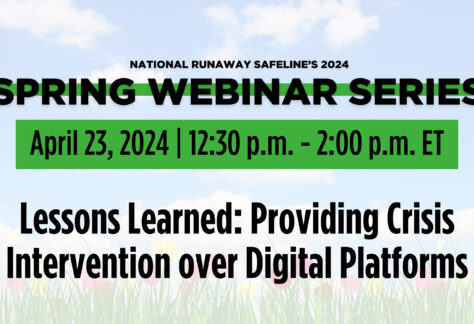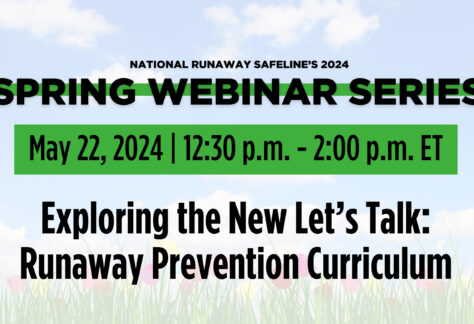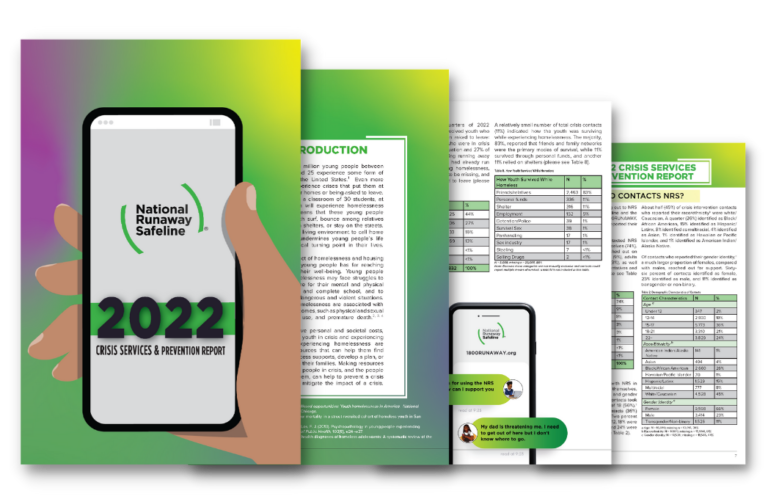Here to listen.
Here to help.
Here to listen. Here to help.
24/7 Crisis Connection

Blogs & Articles
Upcoming Events
Click an event for more details or click here for the full event calendar.
You need someone to talk to...
We understand
Your situation is difficult and you may be feeling a wide range of emotions. We’re here to help you sort them out and make a plan.
We’re here 24/7. There is always someone available to listen and offer confidential, non-directive and non-judgemental support.
We’re trained to help. Each team member is prepared to listen to your story, help you handle a crisis and guide you to solutions that will improve your situation.
We are here to support you.
Free Services
Young people with limited or no access to money are able to use our services.
24/7
There is always someone available to listen and to offer non-directive, non-judgemental support.
Trained Staff
Everyone who contacts NRS receives the highest quality support possible.
How to get help
- Be ready to ask for help and recognize NRS as a trusted resource
- Review this website and contact NRS online or via the hotline
- Be receptive to our crisis center guidance and commit to a plan
You don't have to live in fear...
There Is Hope
You CAN find safety and stability by identifying informal supports or alternative living arrangements, employment resources and more. You CAN get validation of your feelings and a greater sense of confidence and you CAN improve your home and school life. While we can’t guarantee an immediate solution, our goal is to improve your situation. We are here to listen.
What our Friends & Volunteers Say
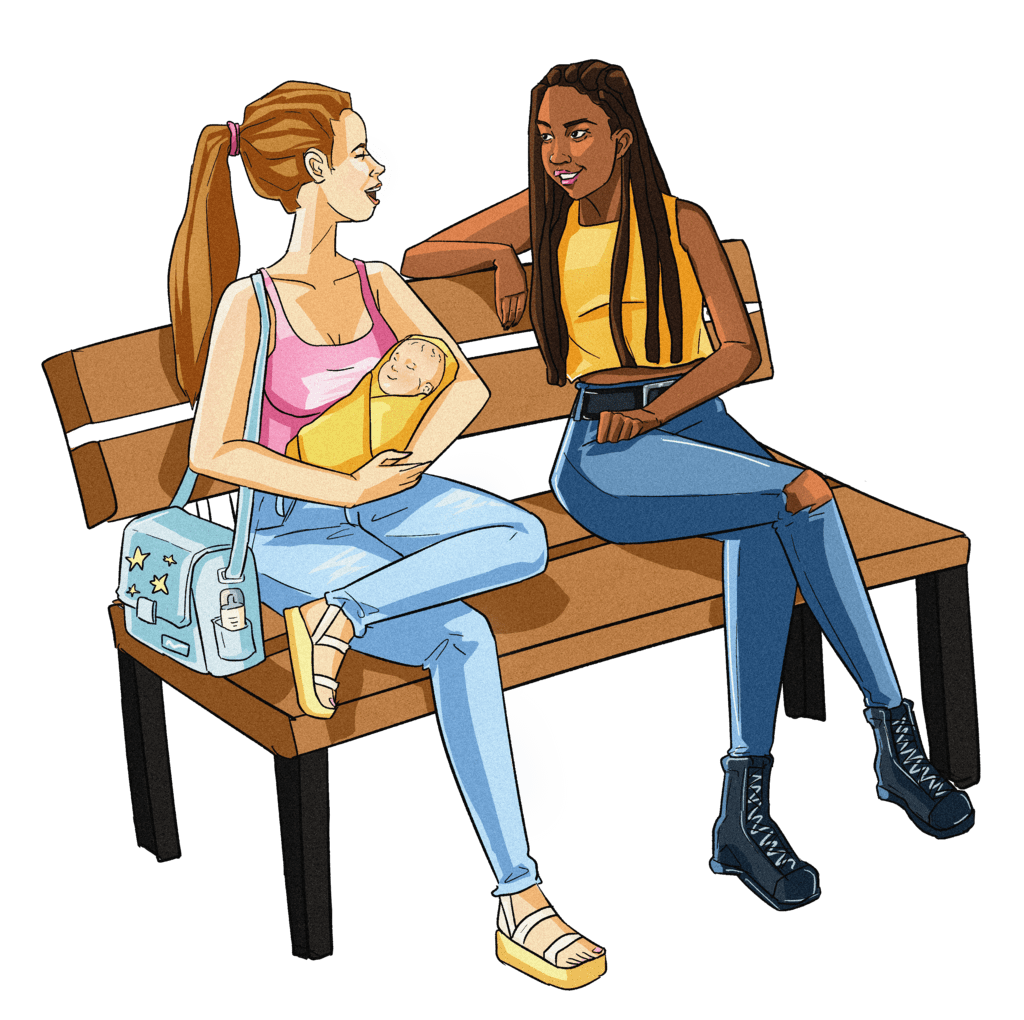
Frequently Asked Questions
Why would I need help when I can make it on my own on the streets?
Living on the streets is not easy. It can be dangerous, finding food and a safe place to sleep each night may be difficult, and you could find yourself at risk of engaging in unhealthy behaviors. Also, it’s hard to get to school when you’re experiencing homelessness.
What do I do if I can't go back to living with my parents?
If returning home isn’t an option, NRS can help you create an alternative plan that keeps you safe. This is a complex situation, but you do have options.
If I reach out to NRS, will you tell my parents or the police?
NRS’ services are 100% confidential; no one will know you’ve contacted us or the details of what you’ve shared with us. We can contact your parents or the police on your behalf, but we won’t do so without your permission. We are mandatory reporters, so if you’re experiencing abuse, we will let you know if information must be reported to the authorities. We can only report what you tell us.
If I'm not a runaway, are NRS services still appropriate for me?
Absolutely. NRS provides free services to youth in crisis aged 12 to 21. We hear from young people who are at home and simply need somewhere to turn for advice, and also we connect with youth who have runaway or were kicked out of their home and are now couch surfing, living in their car or staying in shelters or on the street. If you are still unsure about how we might be able to help, contact us and we can refer you to another service, if needed.
